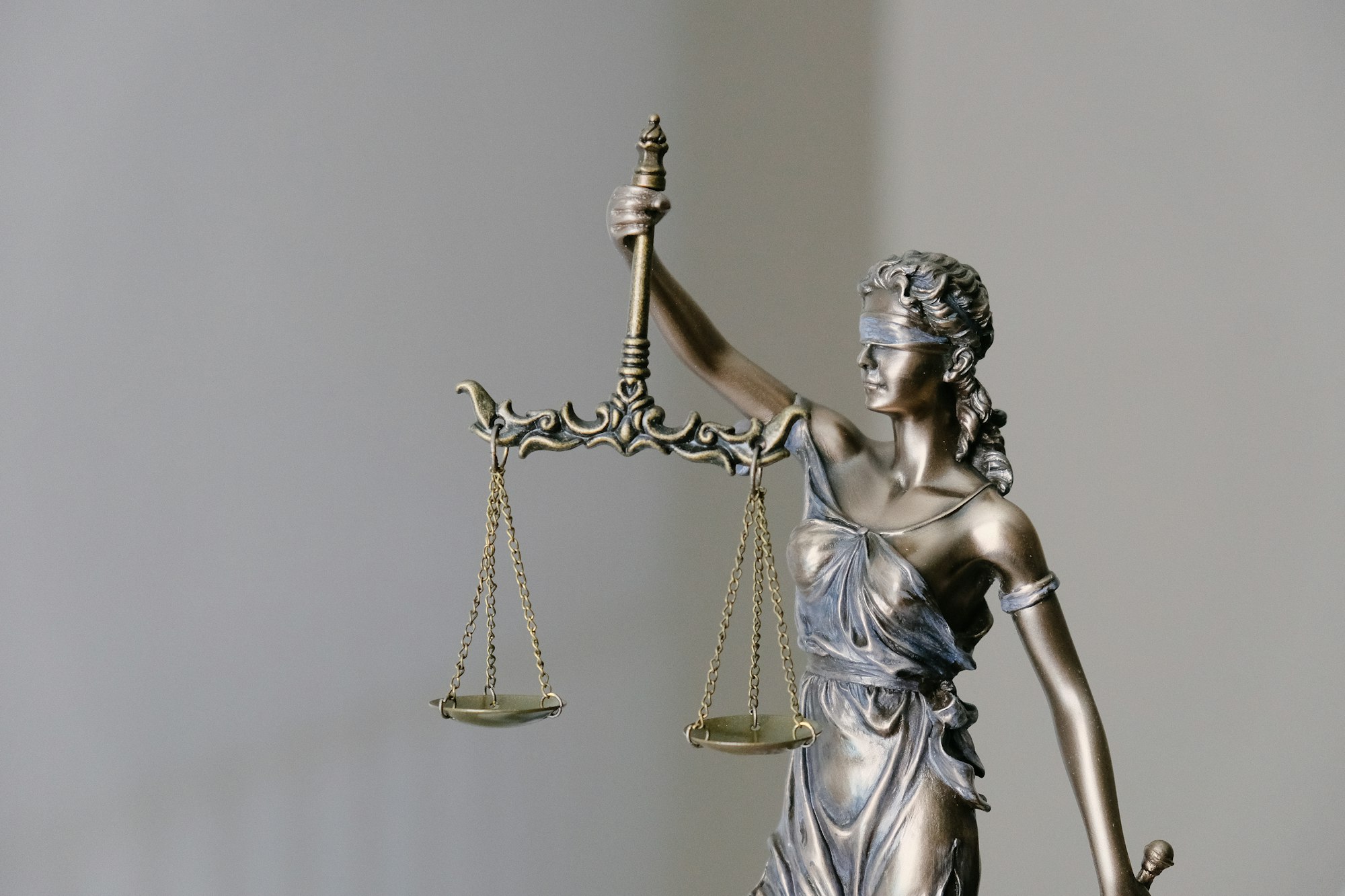An Independent Judiciary: Thoughts by William Cranch, 12 December 1801

Entitled, “A Friend of the Constitution,” William Cranch penned this for the Washington Federalist. It has some interesting points about the virtues inherent in an independent judiciary and the vices that may issue from judicial dependence.
Pieces like this often, however, beg the question as to whether, given human and the dynamics of partisanship, the ideal expressed is ever possible. Nevertheless, his ideas are thought provoking.
August Glen James, editor
Will you then, my fellow citizens, for the paltry gratification of wreaking vengeance on a party so grossly calumniated and which no longer governs, destroy the Constitution of your country and deprive yourselves of the security resulting from independent judges?
To the judicial department in every society is committed the important power of deciding between the government and individuals, and between different individuals having claims on each other. The dearest interests of man, life, liberty, reputation, and property, often depend on the integrity and talents of the judge. All important as is this department to the happiness and safety of individuals, it is from its structure much exposed to invasion from the other departments and but little capable of defending itself from the attacks which insatiate ambition, wearing the public good as a mask, will make upon it. It wields not the sword, nor does it hold the purse. It stands aloof from both. What is still more decisive, its purity, its decorum of station, requires a total abstinence from the use of those means by which popular favor is to be obtained.
In a government constituted like that of the United States, popularity is a real power, and those who hold it will always be found too mighty for such as they may choose to attack. It will be forever arranged on the side of those whom the people elect, and their very election evinces that they possess it. Whenever then the representatives of the people enter into a contest with the judges, power is all on one side, and the issue will seldom be favorable to the weaker party. The judiciary can only expect support from the considerate and patriotic, who see, when yet at a distance, the evils to result necessarily from measures to which numbers many be impelled by their present passions.
The judiciary then not only possesses not that force which will enable it to encroach on others to aggrandize itself or to enlarge its own sphere, but is not even able to protect itself of those rights which are conferred upon it for the benefit of the people. Incapable of acting offensively, its real and only character is that of a shield for the protection of innocence, a tribunal for the faithful execution and exposition of the law. This character it will retain unless it be made subservient to the views of one of the other departments of government. Thus debased, it becomes in the hands of the executive or legislature one of the most terrible instruments of oppression with which man has ever been scourged. “Were the power of judging,” says the justly celebrated Montesquieu, “joined with the legislative, the life and liberty of the subject would be exposed to arbitrary control, for the judge would then be the legislator. Were it joined to the executive power, the judge might behave with all the violence of an oppressor.”
In all governments created by consent, the essential objects to be obtained are security from external force and protection from internal violence. In arming government with powers adequate to these objects, the possibility of their being turned upon individuals ought never to be forgotten. It is the province of wisdom so to modify them as not to impair their energies when directed to the purposes for which they were given, and yet to render them impotent if employed in the hateful task of individual oppression. The best security yet discovered, is found in the principle that no man shall be condemned, no pains or penalties incurred, but in conformity with laws previously enacted and rendered public.
But the acknowledgment of this principle would be of no avail without its practical use. To obtain this, the laws must be applied with integrity and discernment to the cases which occur. If the same passions which direct the prosecution dictate its decision, innocence will cease to afford protection, and condemnation will certainly follow arraignment. It is therefore indispensable to individual safety that the tribunal which decides should, as far as possible, be a stranger to the passions and feelings which accuse: that it should be actuated by neither hope nor fear: that it should feel no interest in the event and should be under the influence of no motive which might seduce it from the correct line of duty and of law.
Justice may sometimes be unpopular, and the powerful may sometimes be wrong. What shall then protect the weak? What shall shield prosecuted virtue? What but purity in the judgment seat and exemption from those prejudices and dispositions which for a time obscure right and tempt to error?
The principle which could alone preserve this purity was believed to have been discovered. It was to remove all those irresistible temptations to a deviation from rectitude which interest will create by rendering the judges truly independent—by making the tenure of their office during good behavior. . . . It was supposed that men thus independent would, in a sense of duty, find motives sufficiently strong to support them in an upright administration of justice against the influence of those who govern or the still more powerful influence of popular favor. If this expectation should sometimes be disappointed, it must yet be acknowledged that the principle affords the fairest prospect to be furnished by human means of obtaining a good so all important to the felicity of man. . . .
Nor is a dependence of the judges on the legislature in republican governments less fatal to the rights of individuals than a dependence on the executive in those which are monarchical. Let the dependence exist, and its consequence will be an improper and injurious subserviency to the will of the superior. Legislative is as heavy as executive oppression and is the more to be dreaded as it cannot be checked by public opinion, for public opinion is generally with it. When public opinion changes, the governing party changes also, and the persecuted become the persecutors. The instrument of persecution, an enslaved judiciary, is ready for any hand bold and strong enough to seize it. . . .
The government of a party continuing for a great length of time the majority, and consequently in power, may gradually soften and assume the appearance of the nation. But where the division is nearly equal, the struggle incessant, and success alternate, all the angry passions of the human mind are in perpetual exercise. The new majority brings with it into power a keen recollection of injuries supposed, if not real, and is entirely disposed to retort them. Vile calumny, exclusion from social rights, proscriptions, and banishments have, in democracies where the ruling party acts without the check of an independent judiciary, been the bitter fruits of this temper.
The best safeguard against evils so serious, and it is to be feared, so certain, is a tribunal beyond the reach of these passions, without the judgment of which punishment cannot be inflicted. How is this tribunal to be obtained but by rendering independent those who compose it? Is it to be expected that if in this war of angry passions, an irritated majority in Congress should pursue with unjust vengeance an obnoxious individual, judges dependent on the majority for their continuance in office will constitute a barrier which shall check its resentments? If in any influence the virtue of the judge should induce him to prefer his duty to his interest, his exertions would be of no avail. He would immediately become the victim of his integrity: by repealing a law or by some other means he would be removed from office and a successor appointed, inflamed with all the passions which burn in the bosoms of the majority.
Will you then, my fellow citizens, for the paltry gratification of wreaking vengeance on a party so grossly calumniated and which no longer governs, destroy the Constitution of your country and deprive yourselves of the security resulting from independent judges? Will you establish a principle which must place in the hands of the predominant party for the time being the persons and the property of those who are divided from them by shades of opinion? which [sic] will subject the weak to the powerful and convert the seat of justice into a tribunal where influence, not law, must rule? Will you render a judiciary which being constitutionally independent is now a safe and steady check to the encroachments of power and the persecutions of party, a mere instrument of vengeance in the hands of the tyrants of the day? Will you make the judges what a late ministerial writer, whose calumnies have attracted some attention, has very untruly stated them to be already: a body of men “under the dominance of political and personal prejudice, habitually employed in preparing or executing political vengeance”?
Patriotism, public virtue, a regard for your own safety and happiness, a just national pride, and respect for that Constitution on which your national character depends, and which many of you have solemnly sworn to support—all forbid it.
